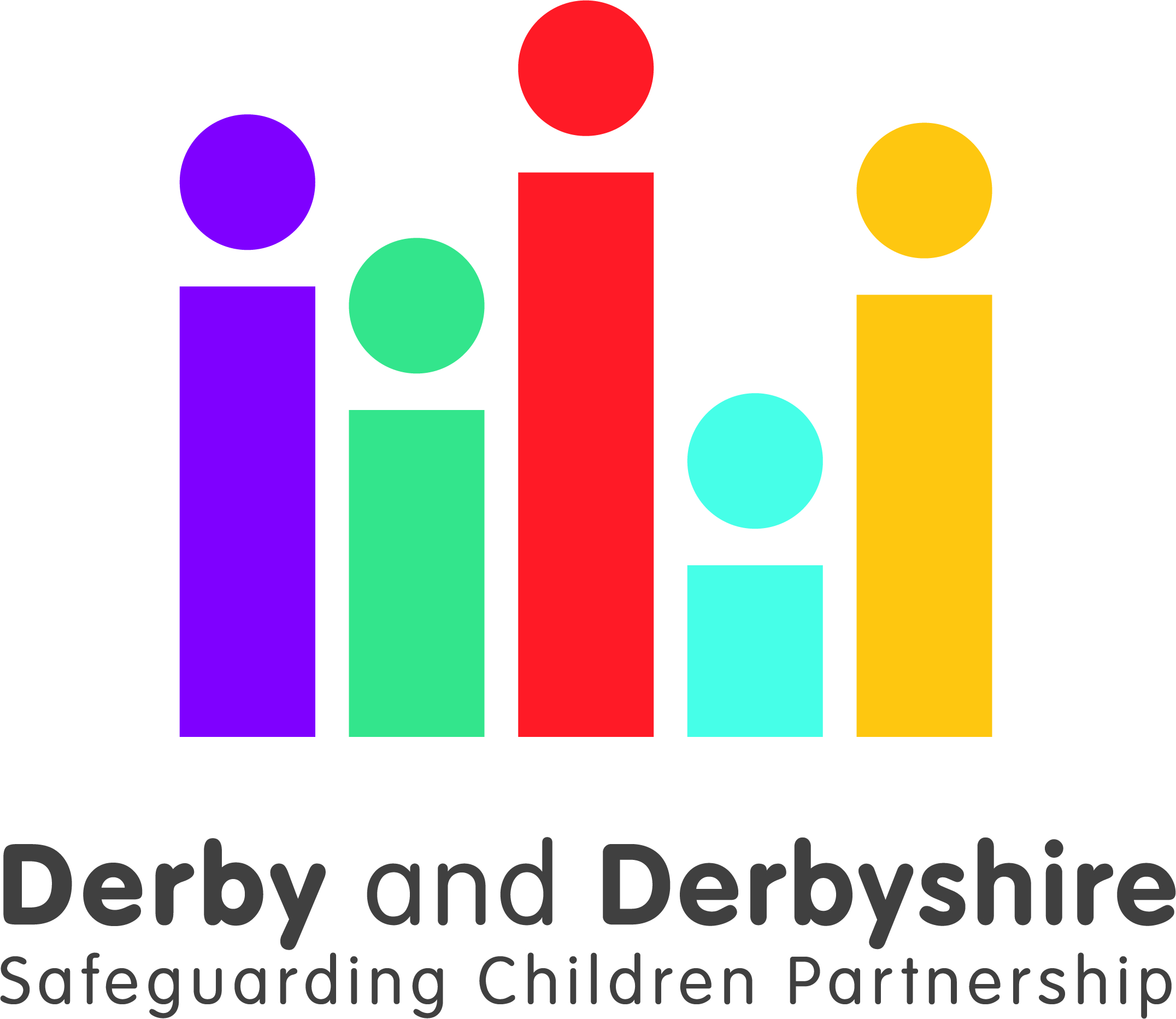Extremism and Radicalisation
What is extremism?
Extremism is defined as:
“vocal or active opposition to fundamental British values, including democracy, the rule of law, individual liberty and mutual respect and tolerance of different faiths and beliefs. We also include in our definition of extremism calls for the death of members of our armed forces, whether in this country or overseas.” (HM Government Prevent Strategy).
Radicalisation is defined as the process by which people come to support terrorism and extremism and, in some cases, to then participate in terrorist groups.
It is important we all safeguard children, young people and families from extremism. There have been attempts to radicalise vulnerable children and young people to develop extreme views including views justifying political, religious, sexist or racist violence, or to steer them into a rigid and narrow ideology that is intolerant of diversity and leaves them vulnerable to future radicalisation.
Children should be protected from messages of all violent extremism including those linked to Islamist ideologies, or Far Right / Neo Nazi / White Supremacist ideologies, Irish Nationalist and Loyalist paramilitary groups, and extremist Animal Rights movements.
Keeping children safe from these risks is a safeguarding matter and should be approached in the same way as safeguarding children from other risks.
What should I do if I have concerns about radicalisation or extremism?
If you are concerned about radicalisation and extremism you can find more information in Derby and Derbyshire Safeguarding Children procedures. In an emergency where immediate action is needed to protect a child, young person or adult, the police should be contacted on 999.
Always discuss your concerns with a senior person in your organisation who is responsible for safeguarding and child protection.
The following organisations are able to provide additional advice and guidance in relation to safeguarding individuals vulnerable to radicalisation and children who may be at risk through living with or being in direct contact with known extremists:
- Police Anti-Terrorist Hotline number: 0800 789 321
- Derbyshire police 101 (or for emergencies: call 999)
- Report terrorism online (to report online material)
For more information about what is happening in Derby to prevent extremism or terrorism, see Prevent on Derby City Council website.
Training
The Derby Safeguarding Adult Board delivers Prevent Briefings.
There is also a national Prevent e-learning training package, introductory training providing a foundation on which to develop further knowledge around the risks of radicalisation and the roles involved in supporting those at risk.
A Briefing on Neurodiversity and Radicalisation is available to promote awareness of vulnerabilities impacting on children who are neurodiverse.
National Guidance and Resources
Revised Prevent Duty Guidance: for England and Wales (2015) statutory guidance about how agencies should work to prevent people being drawn into extremism or terrorism
Guidance for schools and childcare providers on preventing children and young people from being drawn into terrorism (2015) HM Government
Guide for schools on how terrorist groups such as ISIL use social media to encourage travel to Syria and Iraq (2015) HM Government
Educate Against Hate - a website giving parents, teachers and school leaders practical advice on protecting children from extremism and radicalisation
Safeguarding and Radicalisation - Department of Education study looking at Social Care responses to radicalisation
Support for children, parents and teachers: victims of terrorism - Home Office advice and online resources for parents, children and teachers explaining what schools and colleges can do to support people affected by terrorism
Mental health support following terrorism - Home Office information for people worried about their mental health following a terrorist attack. Includes information about how to help your child









